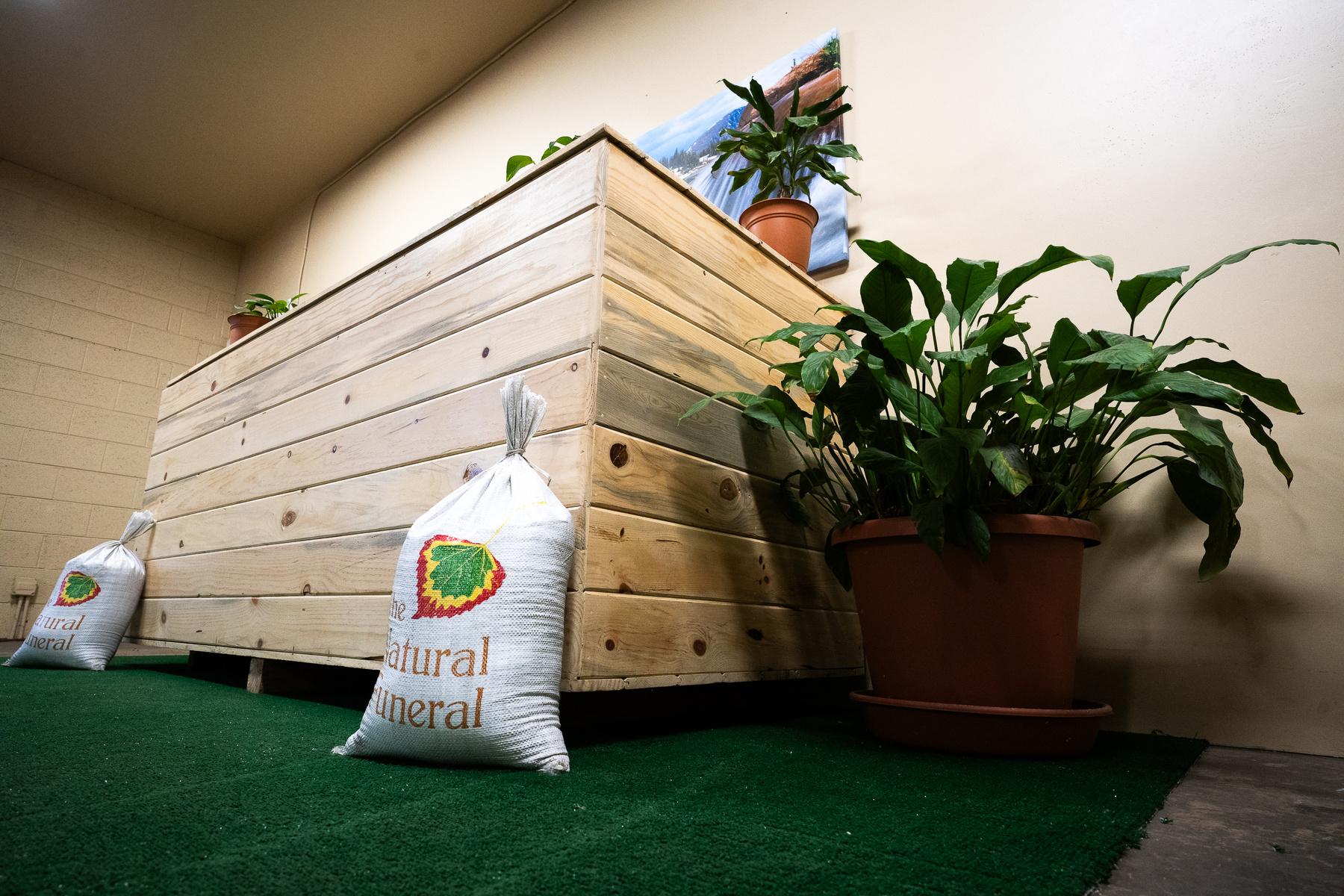
Seth Viddal is relatively new to his particular line of work. So is the line of work itself – at least the way Viddal does it.
Tucked away in an industrial area of Arvada is The Natural Funeral, the business Viddal co-owns. While the funeral home and cremation service provider is primarily based in Boulder County, the Arvada location houses its most unique operation: human composting.
The funeral company is the first in Colorado to offer composting, a months-long process that turns human remains into soil. Viddal and his colleagues call it “terramation.”
“Here are 14 of our chrysalis vessels in a stacked configuration,” Viddal said as he walked around the facility. “Each one of these has the remains of a person who is in a transitionary phase right now from their earthly body to regenerative, living soil.”
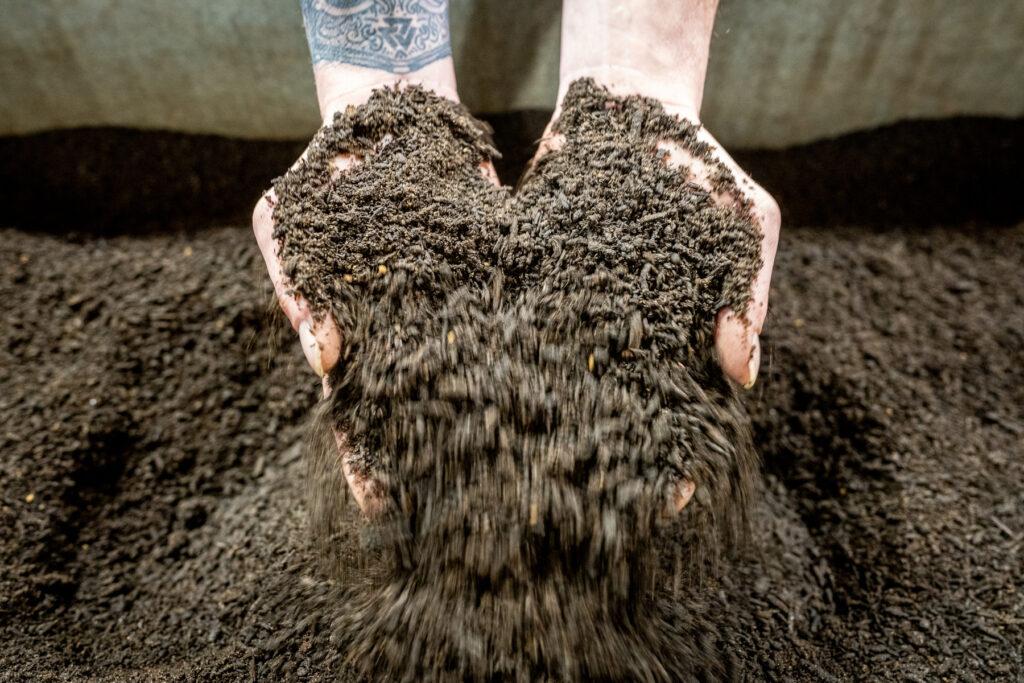
Body composting became legal in Colorado in 2020, through a bill passed by the legislature. Colorado joined just a handful of states that have also made body composting legal, including Washington, Oregon, and New York.
Viddal said some people were skeptical of the process at first, but the response has been mostly positive.
“Terramation has become the fastest growing part of our offerings at The Natural Funeral,” Viddal said. “In just over two years, we've had the privilege of terramating over 100 people.”
When Bonnie Goodwin’s father died in 2023, her family decided to bring his body from Montana to Colorado to undergo terramation. She feels it provided a more fulfilling way to say goodbye.
“We're going to take that soil and we're going to plant trees at my mom's house and both my sister's house and my house,” she said.
The Natural Funeral’s efforts to normalize its business hit a speed bump in October 2023, when a horrifying scandal rocked many Coloradans’ trust in funeral homes statewide.
About 25 miles west of Pueblo, in Penrose, the Return to Nature funeral home was offering something it referred to as “natural burials.” It’s unclear what families were promised, but law enforcement officials allege that whatever was supposed to happen didn’t.
Return to Nature’s owners, Jon and Carie Hallford, are accused of improperly storing 190 bodies and allegedly giving families fake ashes, among other crimes. They each face more than 200 criminal charges, including abuse of a corpse, money laundering, and theft. The case is tentatively set to go to trial in October.
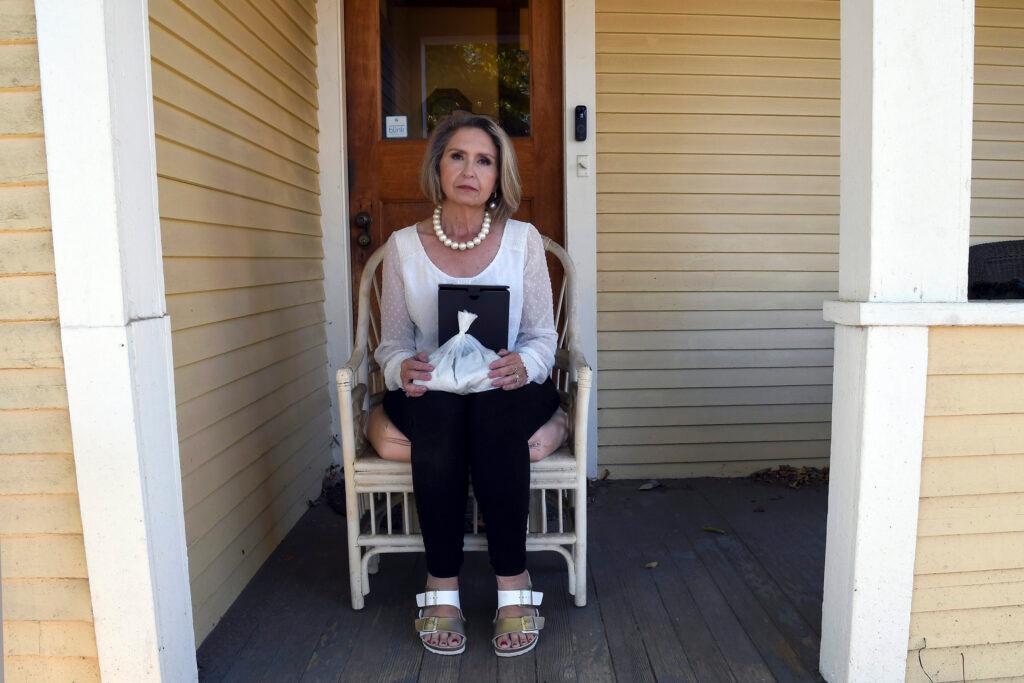
Viddal and The Natural Funeral were dragged into the controversy, partially due to the company’s name, and partially due to Return to Nature’s so-called “green” funeral practices.
“We had hundreds of phone calls,” he said. “We had people who were customers of ours who wanted to make sure that we were not affiliated with them. We had people calling who were customers of theirs, asking if they could switch plans and future policies to us.”
A few months later, in February, Denver police announced the arrest of Miles Harford, the former owner of a now-shuttered funeral home in Littleton. He’s accused of keeping the cremated remains of at least 30 people in his home and lying to their families about work he never completed. A police search also uncovered a woman’s body that was left in Harford’s hearse for more than two years.
Meanwhile, coroners in Lake and Las Animas counties have recently faced allegations of serious misconduct.
The Return to Nature investigation impacted traditional funeral companies, too
Heflebower Funeral & Cremation Services owner Mike Heflebower has spent nearly 40 years in the funeral industry. He’s used to being hit with a barrage of questions when potential clients walk through the door, but he understands why the inquiries are a bit more pointed nowadays.
“They want to know exactly what's happening,” Heflebower said. “They want to know exactly where their loved one is. They want to know the process. They want to know how they're identified, everything that goes with that, and that comes from all the difficulties, and they have every right to know those things.”
One step Heflebower wants to see to help win back trust is the passage of a proposed bill that would require funeral home employees to hold a professional degree, pass a national board examination, complete a one-year apprenticeship, and pass a criminal background check.
“If you had a felony of any form, you would not get a license in the state of Nebraska, where I came from. Here in Colorado, there's a lot of people out there that if you wanted to be a funeral director tomorrow, you can hang a shingle and give it a shot,” Heflebower said.
Viddal argues the state should prioritize mandatory inspections instead of enacting more regulations on the industry, as he believes licenses wouldn’t have prevented the recent scandals. A 2022 law gave the state authority to inspect funeral homes, but it didn’t create a full-time position to do so.
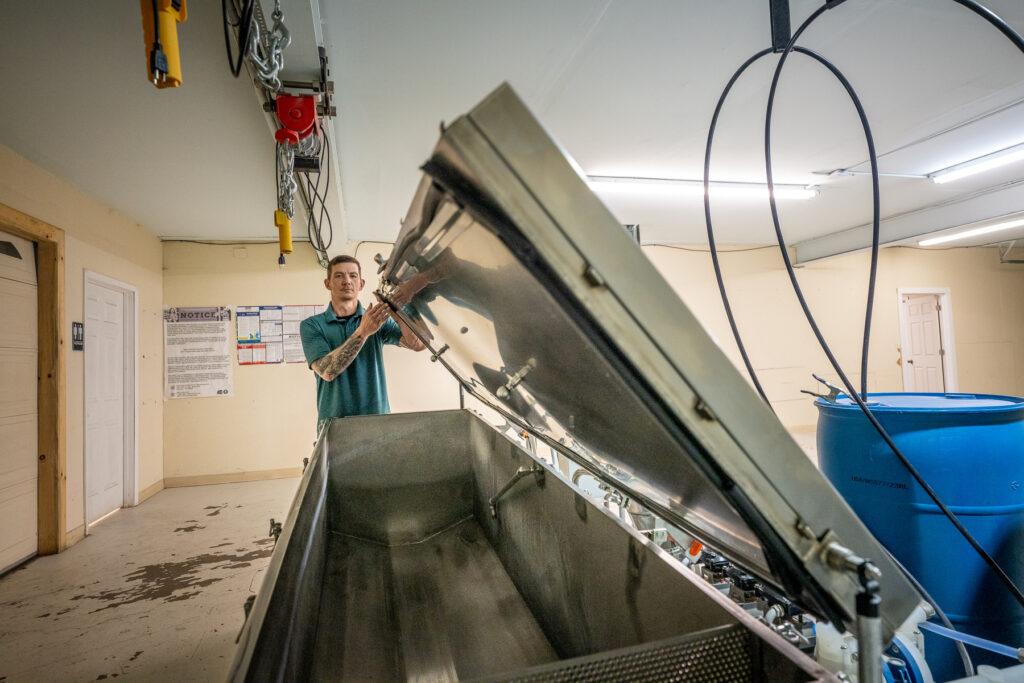
State Representative Brianna Titone said the licensure bill and another one she’s sponsoring would pay for two full-time state inspectors.
“I think that without having any kind of licensing at all, this is definitely going to be a major improvement,” Titone told CPR News. “And with the inspections that come along with this bill and the other House Bill 1335, we will have the ability to have inspections done.”
But in the meantime, both Viddal and Heflebower are taking steps to be more transparent.
“Every single month we schedule open houses to our community and the public at each of our funeral homes,” Viddal said.
“We are going to have to be transparent. We're going to have to explain our processes,” Heflebower said. “We're going to have to make sure there's the availability for identifying that person before any cremation, burial, anything like that takes place.”
Owners of funeral homes understand that people don’t want to think about death too often, but trust is particularly important when families are grieving and vulnerable. Heflebower urges people to do their research before picking a place for their loved ones to spend eternity, and to seek out businesses that meet a higher standard.
“The world today has a bit of an apathy towards death. It's something we don't want to talk about, don't want to deal with, but you have to start thinking about those things before that imminent situation comes along,” Heflebower said. “We are all born terminal. It's just a matter of how long each of us have on this earth, so we have to think about our final place before that happens."
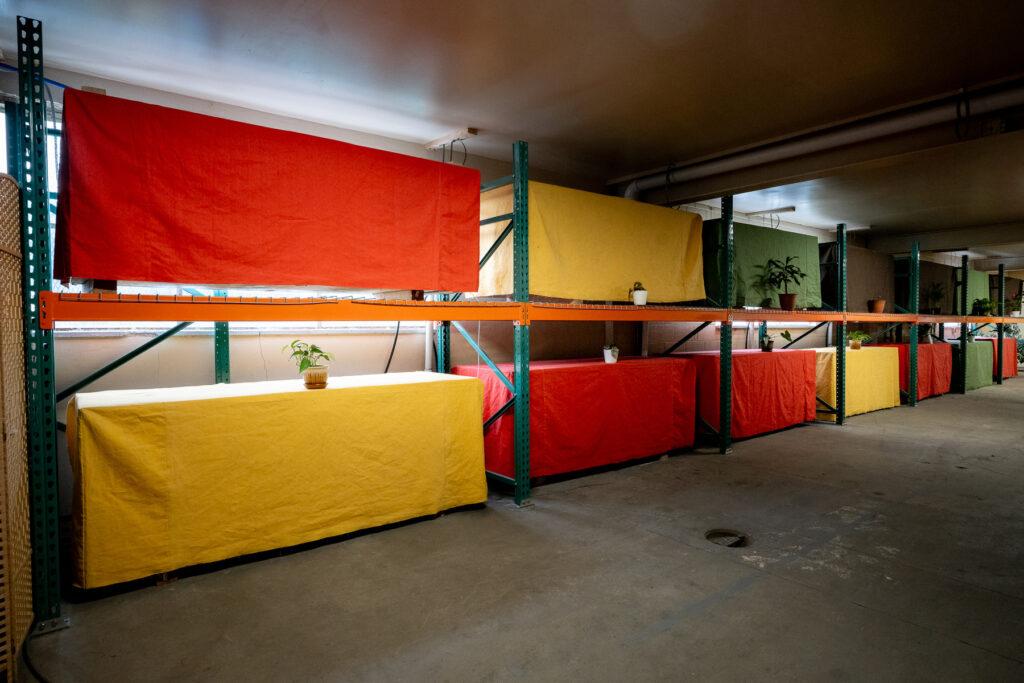
CPR public affairs reporter Bente Birkeland contributed reporting.
- Judge delays case against Colorado funeral home owners accused of 190 counts of corpse abuse
- Funeral home scandals prompt new calls for regulation in Colorado
- After horrendous cases, Colorado may require credentials for funeral home operators
- ‘Tragic’ cases prompt bill making it easier to inspect Colorado funeral homes, crematories









